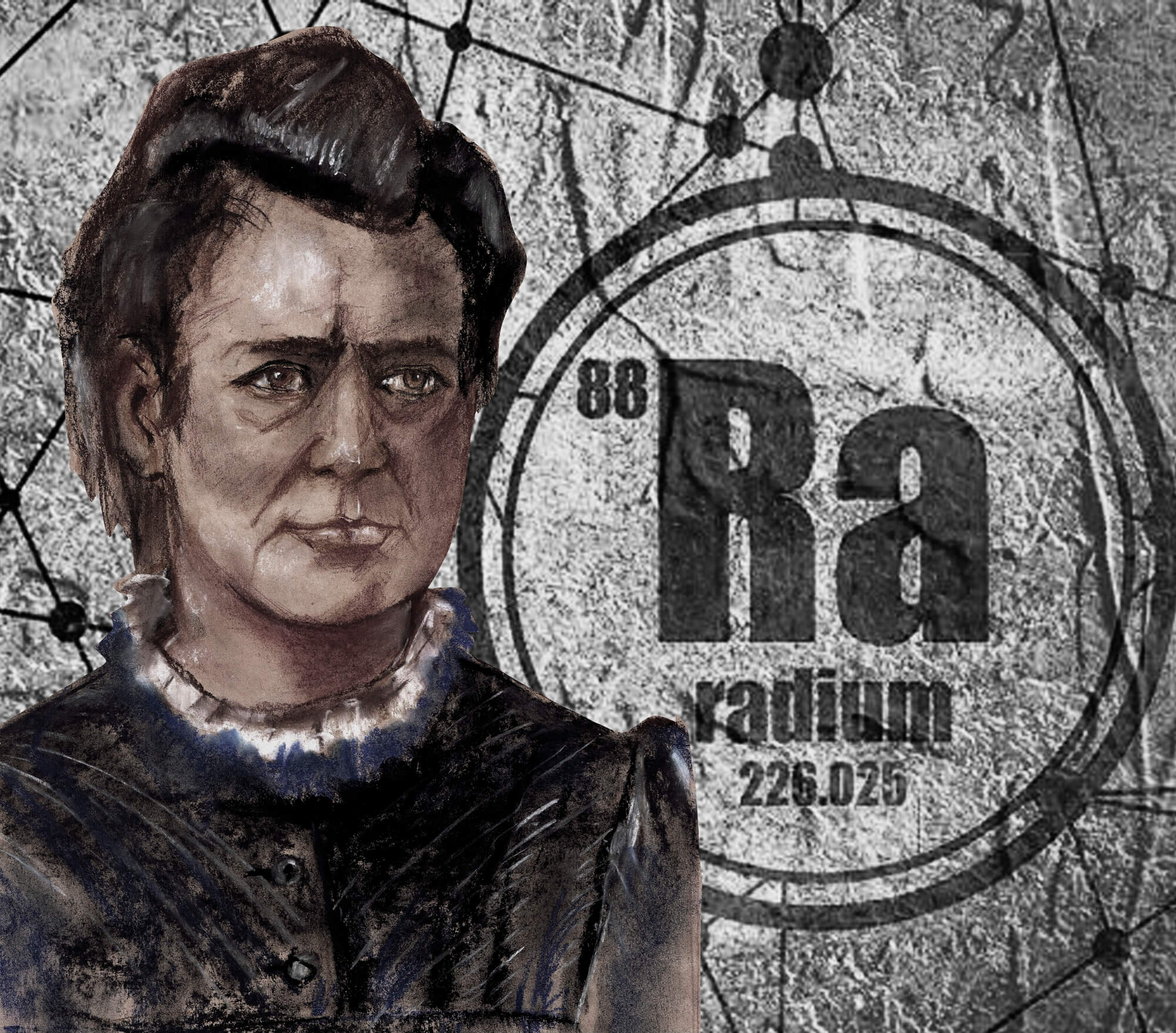On November 7, 1867, Maria Skoldowska, known as Marie Curie, was born in Warsaw, one of the masterpieces of modern science. Curie was the first person to win two Nobel Prizes and the only one to date to win two fields of the exact sciences.

Prof. Arlene Wilson-Gordon from the Chemistry Department at Bar-Ilan University writes about the life of the woman who, with her determination and love for scientific research, broke a path and served as an inspiration to many researchers.
Maria was the youngest of the five children of a teacher couple. When she was eight years old, her eldest sister Zosia died, and two years later her mother died. Her father, a math and physics teacher, was fired from his job because of his political views. However, despite the family's difficult economic situation, the father did not give up on his children's education and taught them science and history himself.
At the age of 15, Maria graduated from high school with honors. Because of her poor mental condition, she was sent to the village for a year. When she returned to Warsaw, she could not continue her academic studies due to the refusal of the Russian authorities to accept women. Maria and her sister Brunia started studying at an underground university. To finance her sister's medical studies in Paris, Maria taught private lessons and worked as a nanny for children from wealthy families.
In 1891, Maria finally arrived in Paris to study physics and mathematics at the Sorbonne. It existed in a pinch and had to overcome the knowledge and language gaps. But she graduated as the top of the class and won a scholarship to study the relationship between the chemical composition of materials and their magnetic properties. That's how she joined Pierre Curie's research laboratory.
In 1895, Maria (Marie) and Pierre got married, and in 1897 their first daughter Irene was born. Soon after, the authorities allowed Mari to begin her doctoral studies, but being a woman, she had to work in a dilapidated shack outside the main building. The subject of her research was - uranium rays - a phenomenon that Henry Beckerl discovered in 1896.
Pierre joined the research and they were helped by the device he developed. They discovered that the radiation, which Marie called "radioactivity", is a property of the uranium atoms themselves. They also discovered new radioactive elements, polonium (named after Poland, Marie's homeland) and radium. To produce these elements it was necessary to work with huge amounts of ore. So they didn't know about the health damage caused by exposure to radioactive radiation. All three researchers fell ill as a result of prolonged exposure to radiation.
In 1903 Marie received a doctorate in physics. Soon after, the Nobel Prize committee decided to award the prize in physics to Pierre and Bechrel but not to Marie. Pierre refused to accept the award without her, and in the end the award was given to all three of them. In 1906, Pierre was killed in a car accident and in 1910 she alone won the Nobel Prize in Chemistry for the discovery of the elements polonium and radium. But what motivated her all her life, eventually led to her death. Marie Curie died in 1934 from an illness caused by the radiation she was researching.
More of the topic in Hayadan:
